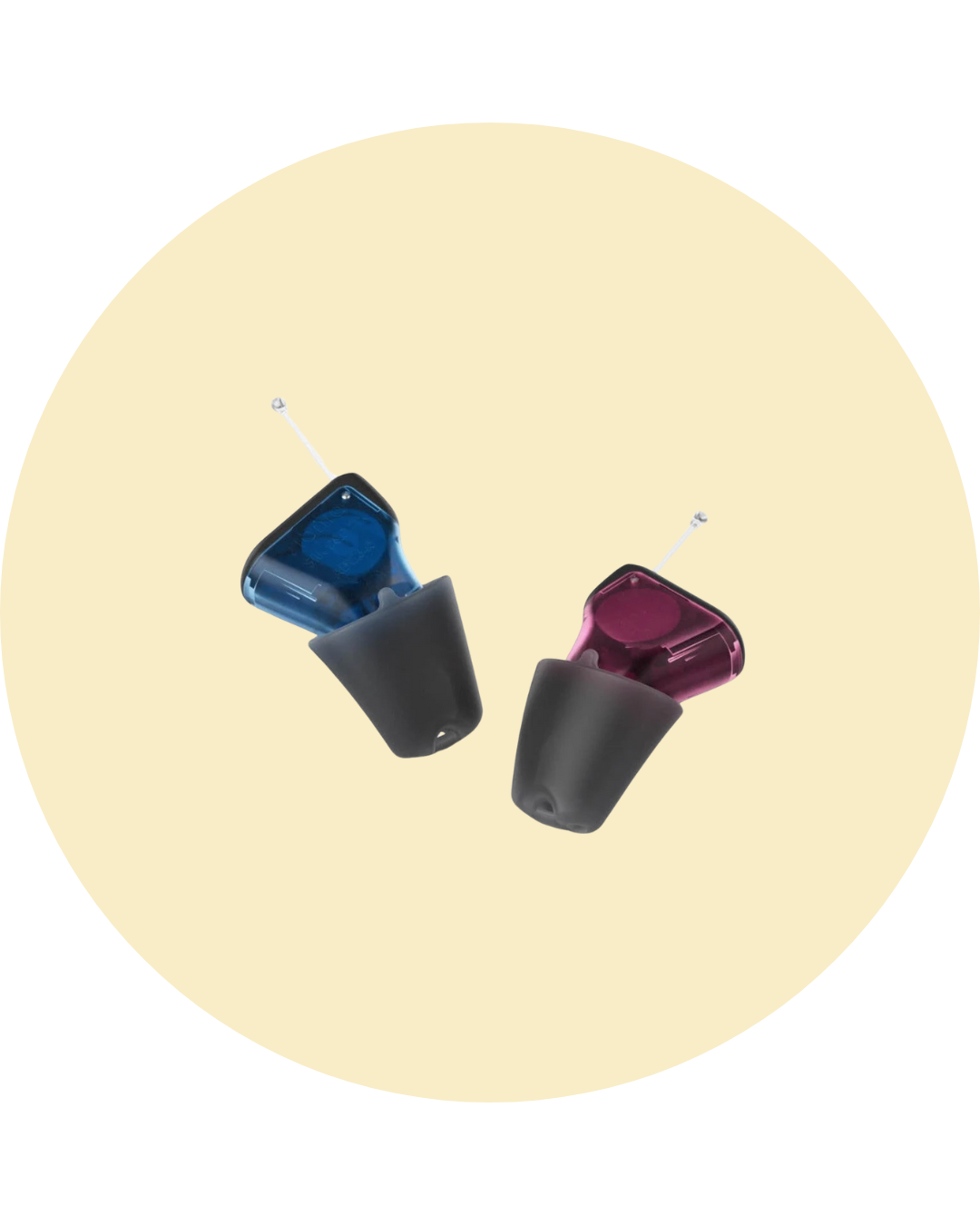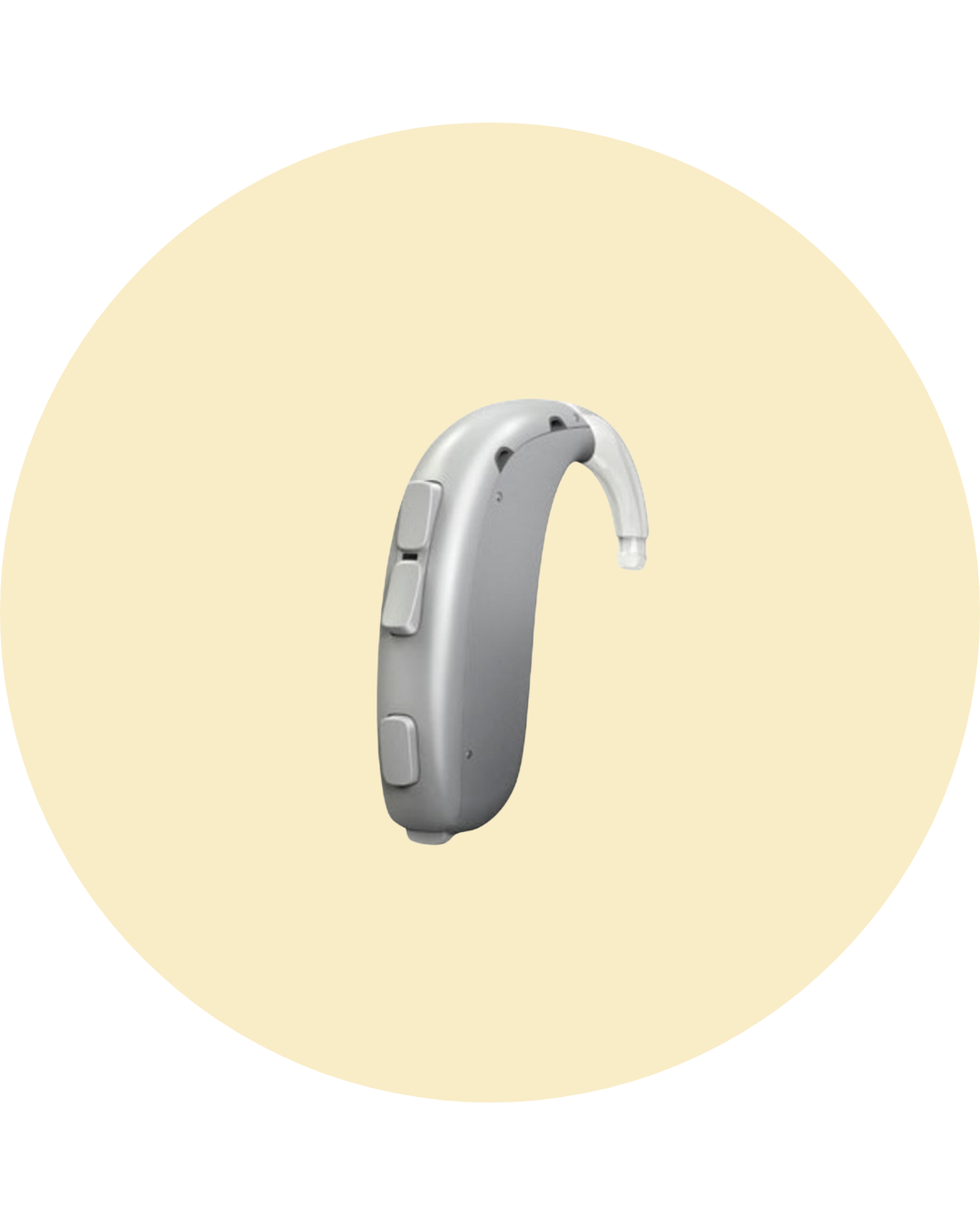
Ear problems? Maybe it’s just wax…
Either way, we can help. Hear better again.
Board-certified ENT physicians, PAs, and audiologists dedicated to your ear health and peace of mind.
WHO WE ARE
Board-Certified Ear Specialists
At Ear Bar, we combine medical expertise with a warm, patient-focused approach. Our team of ENT physicians, physician assistants, and audiologists work together to diagnose, treat, and prevent ear-related issues so you can live without the frustration of hearing loss, discomfort, or persistent symptoms.
CONDITIONS WE TREAT
Common Ear & Hearing Issues
WHY CHOOSE US
A New Ear Experience
We believe ear care should be easy, comfortable, and effective. That’s why we’ve designed a patient journey focused on fast diagnosis, clear treatment plans, and lasting results.
✔ ENT Experts You Can Trust
✔ Personalized Care Plans
✔ Same-Day Appointments Available
HEARING DEVICES
Your Perfect Hearing Solution
Whether you need advanced hearing aids or discreet in-the-ear devices, our specialists will match you with the best option for your lifestyle, comfort, and budget.

WE INVITE YOU TO
A new ear experience
A new ear experience
PATIENT STORIES
What Our Patients Say
❝
I got tired of going to urgent care where they irrigated my ears only to clog them more, making things worse.
J.S. ⭐️ ⭐️ ⭐️ ⭐️ ⭐️
❝
Best decision I ever made for my ears. Professional, fast, and friendly!
A.B. ⭐️ ⭐️ ⭐️ ⭐️ ⭐️
❝
The hearing aids from the big box stores weren't working out for me. I needed better options and I found the right ones here! Thank you!!
R.H. ⭐️ ⭐️ ⭐️ ⭐️ ⭐️

LIVE YOUR BEST LIFE
Don’t Wait – Hear Better Today
Book your appointment now and take the first step toward clearer hearing.











